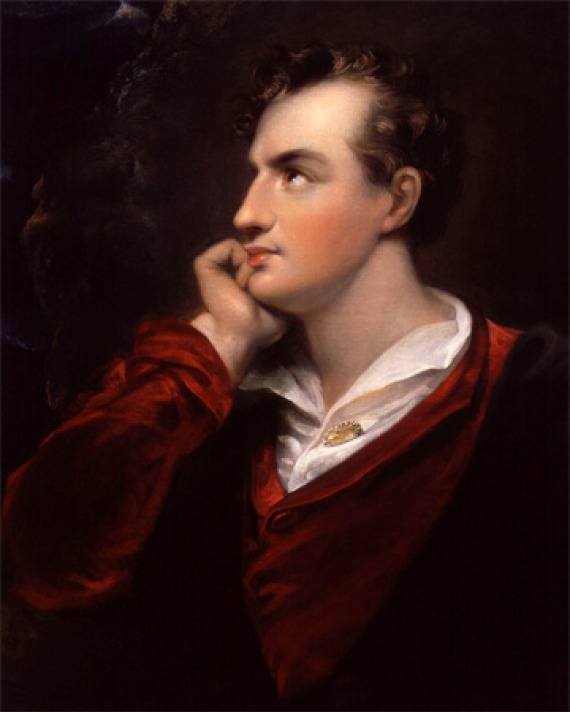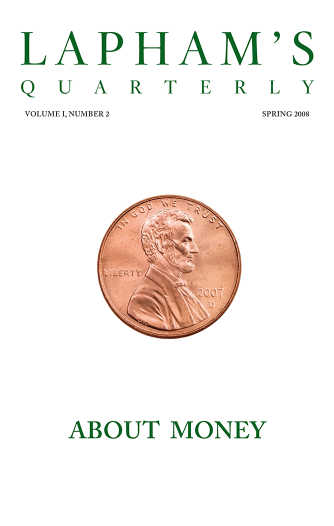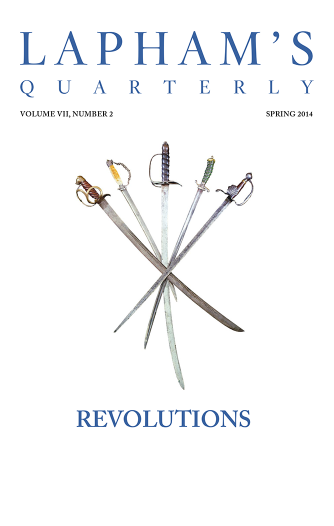
Lord Byron
(1788 - 1824)
As part of his grand tour beginning in 1809, Lord Byron traveled to Greece for the first time, swam the Hellespont like the legendary Leander, and supposedly saved a girl from drowning. After the first two cantos of Childe Harold’s Pilgrimage appeared in 1812, the duchess of Devonshire noted that the work “is on every table, and himself courted, visited, flattered and praised wherever he appears.” Caroline Lamb called the poet “mad, bad, and dangerous to know.”



